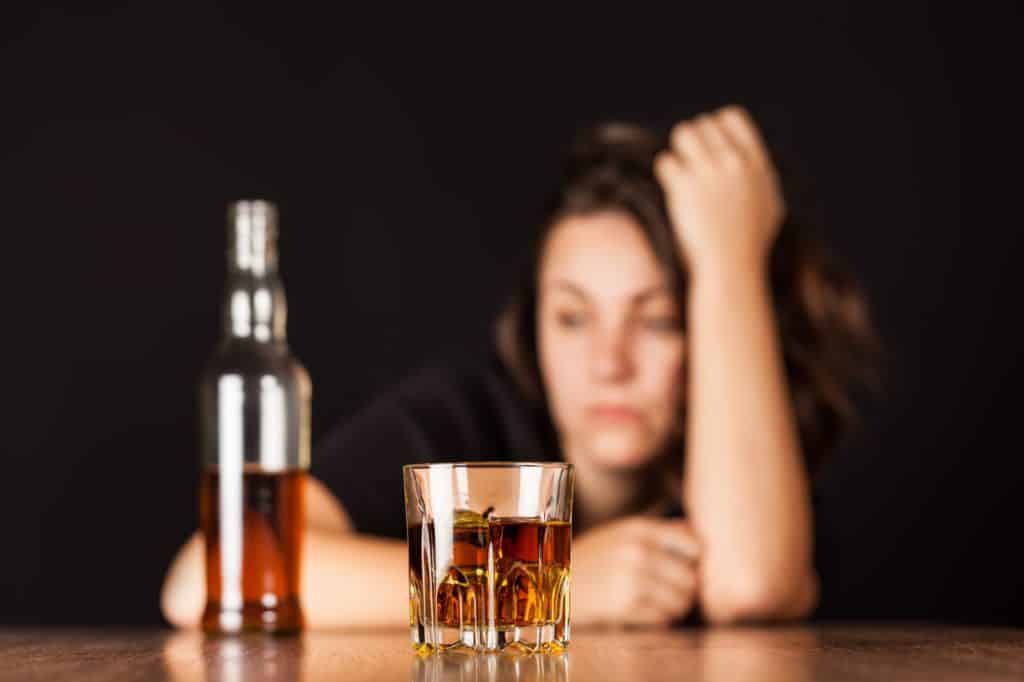Addiction reportedly costs the United States more than $740 billion each year. This is accounting for crime, health care costs, and loss of productivity.
Anyone who suffers from addiction should first know they’re not alone. Beyond that, having an addiction doesn’t make you an inherently bad person.
There are a lot of factors which might lead someone to an addiction to drugs, alcohol, gambling, or sex.
One of the most pressing questions which might cross your mind whether or not addiction is a disease.
Is addiction a disease? Is it genetic? Continue reading below to find out more about the complex network of factors which can lead to addiction.
Is Addiction Genetic?
You may hear from time to time that addiction is a disease running rampant in some families. You may observe some families with more addiction problems while others seem addiction-free.
Is addiction a genetic disease affecting some families and not others?
The answer isn’t a simple yes or no.
Science leads us to conclude genetics may play a role in one’s predisposition for addiction. However, understand susceptibility doesn’t mean inevitability.
One report suggests an individual’s risk of developing an addiction may be proportional to the degree of genetic relationship to an addicted relative. This takes into account studies on families, adoptions, and twins.
However, there is no one gene which signifies a susceptibility to addiction.
Instead, addiction may develop as a result of a complex network of different genes.
If you have family members who suffer from addiction, you may wish to take caution. You might consider to monitor your behaviors and check for signs of drug and alcohol abuse.
Self-awareness is key in mitigating risk factors for abuse.
The Role of the Environment
An individual’s environment plays a crucial role in the development of addictive behaviors. Each person is different and responds to stimuli in a unique way.
Both nature and nurture interact to produce each person’s individual patterns of behavior.
Take cancer risks, for example. Some cancers may be the result of genetic factors. However, certain lifestyle choices such as smoking or heavy drinking could lead to a higher risk of cancer.
The same is true of addiction.
Communities which offer healthy recreational activities tend to have a lower risk of drug abuse. This is because exercise has a positive impact on drug use and abuse, especially for males.
Social Influence
Another huge factor which can lead to addiction is social influences. Think about your own childhood experiences.
You’re probably more likely to engage in behaviors which adults around you deemed natural and normal. If you were around a lot of heavy drinkers, smokers, or drug users, you’re more likely to engage in these behaviors.
Sometimes children learn valuable lessons from parents’ bad habits.
Similarly, if you surround yourself with people who engage in riskier behaviors, you’ll be more likely to engage yourself. Such is the power of peer pressure.
Peer pressure isn’t merely a social ill of adolescence. Adults can suffer from peer pressure as well.
The people with whom we spend time has a major impact on our happiness and overall well-being.
Where Genes and Environment Intersect
Genetics and environment cross paths at an intersection known to scientists as epigenetics. Epigenetics is the study changes in gene expression without changing the gene sequence.
Certain chemical compounds in the body can turn genes on or off. These chemical compounds regulate the expression of genes in this fashion.
The environment in which one finds itself can directly impact the regulation of gene expression. The choices you make and the people around you can influence your being on a genetic level.
This may sound like a work of science fiction, but it’s true.
For example, cocaine causes a rise in the production of proteins related to addictions. These proteins correspond to the drug-seeking behaviors which are common in animals.
Is Addiction a Disease?
First, understand addiction isn’t a weakness, and you should never let anyone paint it as such. Addiction isn’t isolated to certain socio-economic groups.
Because addiction crosses these boundaries, we can think about it as a disease. In this light, you can begin to think about overcoming the illness.
If you have heart disease, diabetes, or even cancer, you would ask your doctor about treatment. You and your doctor together would work to create a treatment plan.
Addiction is the same way.
Ask yourself, “How can I overcome this illness?”
Try not to focus on being a stronger person, as many people might force you to believe. Instead, focus on overcoming the illness with treatment and focus.
Seek the Help of a Professional
Like any disease, there are health professionals trained and certified to help you along the way. You don’t have to have shame and hide your addiction from the world.
The best thing you can do is speak honestly and openly with your mental health professional.
In some cases, you may wish to seek rehabilitation treatment. Depending on the severity, you can choose between inpatient and outpatient treatment.
Over the course of the treatment, you’ll have access to therapy, advisors, and recreational activities.
Addiction often involves underlying mental health issues. Sometimes it may be best to seek a dual treatment program. These programs focus on treating the whole person rather than focusing on addiction.
When you address underlying issues, you can better prepare yourself for the future. Dual diagnosis treatment is often the best way to prevent future relapses.
Kick the Addiction Once and for All
Anyone who has struggled with an addiction knows it can quickly become a fixation. Overcoming an addiction comes with tackling tough questions in a tough circumstance.
“Is addiction a disease? Am I a bad person?”
Struggling with addiction is not a weakness. It’s treatable if you seek proper professional help.
If you want to overcome your addiction once and for all, you’ll need all the support you can get. Don’t be afraid to reach out.
Are you looking for safe and effective addiction treatment? Check out the programs and services we offer.
Author
-

President, CEO & Founder at Northbound Treatment Network
Paul Alexander is the CEO, President & Founder of Northbound Treatment Network in Newport Beach, California. He believes wholeheartedly in transformational leadership, organizational health and effective, fully integrated substance use disorder and mental health treatment. With over 27 years of experience in behavioral healthcare, Paul has extensive knowledge of “in vivo” treatment modalities, clinical development, operations, strategy, marketing and financial planning. He has been widely recognized for his development of collegiate-based residential treatment programs for students in recovery and authored a research study at The University of California confirming this modality’s effectiveness.
Paul’s comprehensive professional experience, willingness to innovate, and emphasis on organizational health are vital factors in Northbound’s continued success. Paul received his Certified Addiction Treatment Specialist training at Saddleback College in Mission Viejo, CA, and was awarded Outstanding Alumni Service Award in 2002. Paul holds a Bachelor of Arts degree in Criminology, Law and Society, Summa Cum Laude, from University of California, Irvine, and a Juris Doctorate degree from Loyola Law School of Los Angeles. Paul currently serves on The National Association of Addiction Treatment Providers (NAATP) board. In addition, he serves on The Family Recovery Foundation board and The CarePossible board in Orange County; both organizations are committed to raising funds for family recovery and treatment for former military personnel. Paul is in recovery himself and lives in Orange County with his wife Silvana and his two young sons, Noah and Dean.










